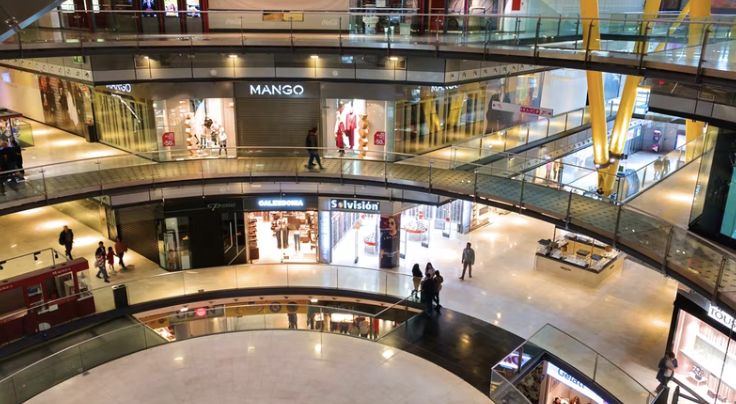The Fall Of The Retailers

There are few in retail circles who would argue that the role of the store is the same as it was at the start of 2020, with the retail industry (like every other on the planet) undeniably changed as a result of the global pandemic.
Where once upon a time, retail business models had the luxury of evolving over the years and sometimes decades, retailers over the last two years have been forced to rapidly pivot their operations, change business models and switch (in many cases) to unfamiliar, new ways of working.
These changes have included the diversification of the physical store to support the increase in eCommerce; delivering entirely new offerings such as curbside pickup, and the realignment of workflows and processes to support profitability across an entire network, not just one location.
While it is almost inevitable that eCommerce growth will outpace growth through physical stores at some point in the future, it would be a huge mistake to lose sight of the critical role stores have to play beyond pure profitability, but also in terms of softer measures of brand health, not least loyalty, and the overall customer experience journey.
Today, retailers need to rethink traditionally held ideas around assets and operations: it is not simply digital vs. physical anymore; instead, it is about how a brand can leverage all the stock and channels at its disposal to deliver that truly remarkable customer experience journey.
The key to this lies in not being distracted by the minutiae of how an order is placed but rather concentrating on where it ultimately gets fulfilled. For example, Target recently reported that as much as 75% of its online orders involved their stores in some capacity: be that buy online, pickup in-store (BOPIS), curbside pickup, ship from store, local home delivery from store stock, or even buy online, return in-store (BORIS).
As a result of (rather than in spite of) the rapid growth of digital channels in 2020 and 2021, 21st-century retailers need to understand that the store will remain a significant channel for generating revenue, customer engagement, and fulfillment opportunities.
This rapid evolution has increased awareness and reliance on dynamic and resilient in-store systems critical to modern retail ecosystems – systems like modern Point Of Sale (POS).
POS has certainly come a long way since the rather perfunctory function of previous generations: no longer is POS simply a tool to complete a transaction (sales or returns) and the associated reporting; modern POS today represents the key to unified commerce, enabling activities such as endless aisle, click and collect, store fulfillment of online orders, clienteling and loyalty.
While the store may no longer be the sun around which all retail offerings orbit, a compelling brick and mortar presence that works in harmony with a unified, smarter digital offering could well be the answer to the question on the lips of so many retail leaders right now: ‘how do we create a compelling competitive advantage against such a significantly changed industry landscape?
The role of the store has changed, and so too has the in-store technology that supports it. This, however, should not come as a great surprise as the history of the retail industry has always been one of change, evolution, and progress – today’s environment, accelerated by the pandemic, is no different.
With greater emphasis on the need to fulfill, execute and optimize against eCommerce and e-fulfillment, it is clear that the physical store, supported by modern POS systems, still has a significant (if not changed), role to play when it comes to being able to commerce confidently.
While the store of yesteryear is well and truly dead, today’s store is undergoing somewhat of a renaissance. The challenge now falls to retailers to realize the true potential of their marquis bricks and mortar assets by pairing them with the right future-ready, in-store systems like modern Point Of Sale.
